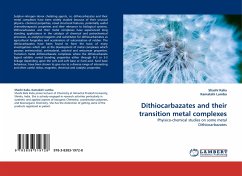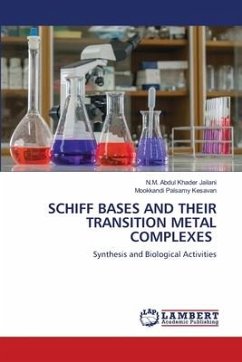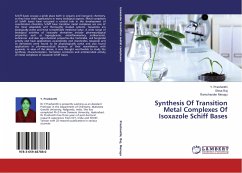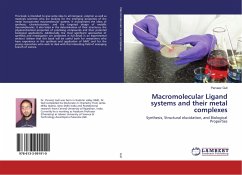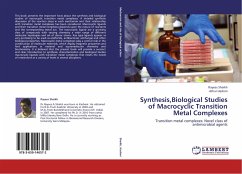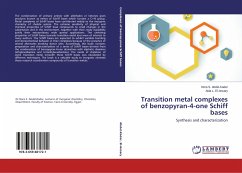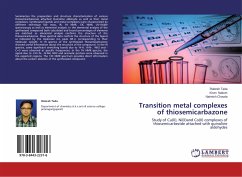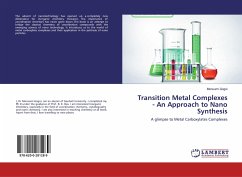Sulphur-nitrogen donor chelating agents, i.e. dithiocarbazates and their metal complexes have been widely studied because of their unusual physico- chemical properties, novel structural features, potentially useful chemotherapeutic properties and their relevance to biological systems. Dithiocarbazates and their metal complexes have experienced long standing applications in the catalysis of chemical and petrochemical processes, as analytical reagents and substitutes for dithiocarbamates as agricultural fungicides and accelerators of vulcanization of rubber. The dithiocarbazates have been found to form the basis of many investigations which aim at the development of metal complexes which possess antimicrobial, antimalarial, antiviral and anticancer properties. Transition metal dithiocarbazate complexes where the dithiocarbazate ligand exhibits varied bonding properties either through N-S or S-S linkage depending upon the soft acid-soft base or hard acid- hard base behaviour, have been shown to give rise to a diverse range of interesting and often useful redox, magnetic, electrical and catalytic properties.
Bitte wählen Sie Ihr Anliegen aus.
Rechnungen
Retourenschein anfordern
Bestellstatus
Storno

